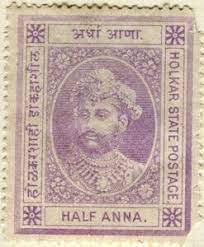Vengalil Krishnan Krishna Menon, commonly known as V.K. Krishna Menon, was a prominent Indian diplomat, politician, and statesman. He was born on 03 May 1896, in Calicut, British India (now Kozhikode, Kerala), and passed away on 06 October 1974.
Krishna Menon played a significant role in India's struggle for independence and later in shaping the country's foreign policy and international relations. He was a close associate of Jawaharlal Nehru, India's first Prime Minister, and served as India's first High Commissioner to the United Kingdom from 1947 to 1952.
One of Krishna Menon's most notable contributions was his role as India's representative to the United Nations. He served as India's Permanent Representative to the UN from 1952 to 1962 and played a key role in advocating for decolonization, anti-imperialism, and the rights of newly independent nations. He is remembered for his impassioned speeches and advocacy on various global issues, including the Kashmir dispute and nuclear disarmament.
Krishna Menon's political career in India was marked by his association with the Indian National Congress party and his tenure as India's Defense Minister from 1957 to 1962. He was also a Member of Parliament and held various ministerial positions in the Indian government.
While Krishna Menon was a polarizing figure in Indian politics, he left a lasting impact on India's foreign policy and diplomatic relations. He is remembered as a passionate advocate for India's interests on the world stage and as one of the key architects of India's foreign policy in the early years of independence.









